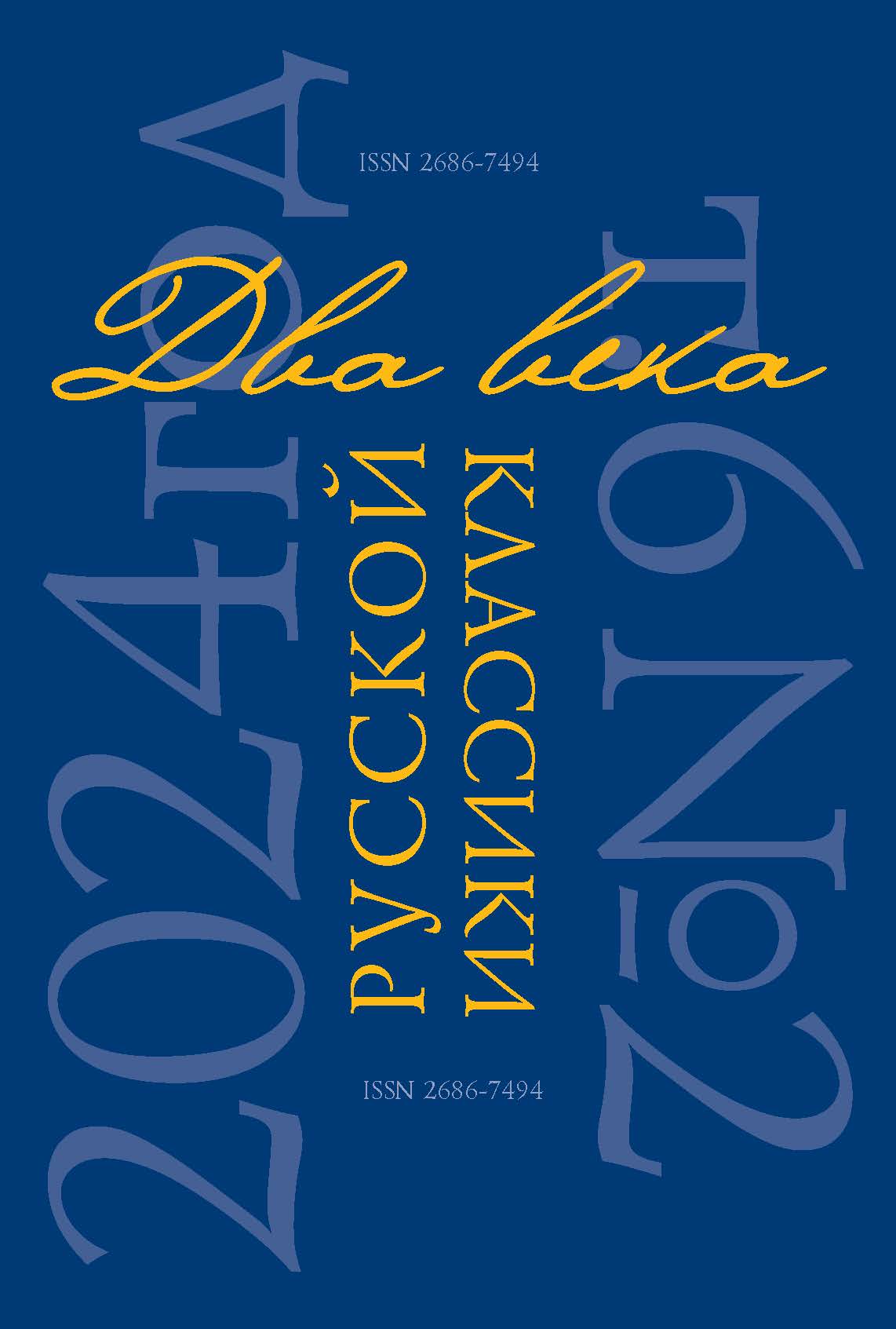The journal accepts manuscripts which have not been previously published and are not under consideration by another journal while it is considered here.
By submitting the article, the authors warrant that the article is original, written by stated authors, has not been published before, contains no unlawful statements, does not infringe the rights of others, is subject to copyright that is vested exclusively in the authors and free of any third party rights, and that any necessary written permissions to quote from other sources have been obtained by the authors.
If the article was prepared jointly with other authors, the corresponding author, by submitting the article, garantees that he/she has been authorized by all co-authors to submit the article on their behalf, and agrees to inform his/her co-authors of the terms of this copyright statement.
After the publication of the article, the authors retain the following rights:
• copyright, and other proprietary rights relating to the article, such as patent rights,
• the right to use the substance of the article in future own works, including lectures and books,
• the right to reproduce the article for own purposes, provided the copies are not offered for sale,
• the right to self-archive the article.
The authors expressively acknowledge and accept that they shall be entitled to no royalty (or any other fee) related to any use of the article submitted to the journal.
The journal "Two centuries of Russian classics" will publish the article (or have it published), if the article’s editorial process is successfully completed. The author acknowledges that the article may be published so that it will be publicly accessible and such access may be free of charge for the readers.
The authors retain copyright. However, by submitting the article, the authors grant the Journal Owner the exclusive license for commercial use of the article throughout the world, in any form, in any language, for the full term of copyright, effective upon acceptance for publication. This means that the authors grant the Journal Owner the exclusive right:
• to prepare, reproduce, manufacture, publish, distribute, exhibit, advertise, promote, license and sub-license printed and electronic copies of the article, through the Internet and other means of data transmission now known or later to be developed; the foregoing will include abstracts, bibliographic information, illustrations, pictures, indexes and subject headings and other proprietary materials contained in the article,
• to exercise, license, and sub-license others to exercise subsidiary and other rights in the article, including the right to photocopy, scan or reproduce copies thereof, to reproduce excerpts from the article in other works, and to reproduce copies of the article as part of compilations with other works, and publish, distribute, exhibit and license the same.
Publication Ethics and Publication Malpractice Statement
It is necessary that all parties participating in the process of publication for the journal «Two centuries of the Russian classics» , meaning authors, reviewers, members of the editorial team and publisher, to agree upon standards of expected ethical behavior.
The publishing ethics and malpractice policies of the journal «Two centuries of the Russian classics» follow the relevant COPE guidelines and in case a malpractice is suspected, journal editors will act in accordance with them.
1. Authorship and transparency.
By submitting a paper, the authors confirm their authorship of the submitted article. The journal does not require all authors of a research paper to sign the letter of submission. Submission is taken by the journal to mean that all the listed authors have agreed all of the contents.
Those submitting papers should carefully check that all those whose work (in research or writing) contributed to the paper are acknowledged as contributing authors. No one who made a meaningful contribution to the article should be left out and each author should have participated sufficiently in the work to take public responsibility for the content of the article.
Funding for any type of publication should be stated within the publication. Other sources of support for publications should be clearly identified in the manuscript, usually in an acknowledgement. Authors should make full acknowledgement of colleagues and other researchers who have made a meaningful contribution to the paper submitted for publication.
Authors should ensure that they clearly cite, reference and acknowledge all instances where they have used or been influenced by the work of others, including their own previously published articles and research material. Any form of plagiarism will not be tolerated.
Self plagiarism (redundant publication) also must be avoided. Authors must inform the editors of the journal about any related papers by any of the authors of the article that have been submitted to other journals.
2. First publication and copyright.
Original research articles submitted to the journal must not have been published as copyrighted material elsewhere. Manuscripts under consideration by «Two centuries of the Russian classics» should not be submitted for review by other publication. If an article reproduces research material, tables, images, the author must seek permission to use that material and fully acknowledge the owner and/or copyright owner of that material.
By submitting a manuscript, the author agrees to accept the journal's copyright policy (see Copyright and License Statement).
3. Dishonesty and libel.
Authors must use their best endeavours to ensure the material that they submit contains no fictitious data, reference omissions, or false statements. When the authors discover a significant error or inaccuracy in their own published work, it is the authors' obligation to promptly notify the journal editor and cooperate with the editor to retract or correct the paper.
Authors should avoid the use of personal, critical, or disparaging remarks and accusations against fellow researchers, colleagues or other individuals.
4. Peer-reviewing.
Reviewers should evaluate manuscripts for their intellectual content without regard to race, gender, sexual orientation, religious belief, ethnic origin, citizenship, or political philosophy of the authors.
The editor and any editorial staff must not disclose any information about a submitted manuscript to anyone other than the corresponding author, reviewers, potential reviewers, other editorial advisers, and the publisher, as appropriate.
Reviewers should have no conflict of interest with respect to the research, the authors and/or the research founders.
Reviews should be conducted objectively. Personal criticism of the author is inappropriate. Referees should express their views clearly with supporting arguments.
Reviewers should identify relevant published work that has not been cited by the authors. Any statement that an observation, derivation, or argument had been previously reported should be accompanied by the relevant citation. A reviewer should also call to the editor's attention any substantial similarity or overlap between the manuscript under consideration and any other published paper of which they have personal knowledge.
5. Editors' responsibilities.
Editors have sole responsibility for acceptance or rejection of a manuscript. Manuscripts should have peer review, but the editors may reject or accept for cause (inappropriate for journal, clearly of poor quality, contents previously published elsewhere, etc.). Editors should only accept a paper when reasonably certain.
Editors should guarantee the quality of the papers and the integrity of the academic record and be willing to publish corrections, clarifications, retractions and apologies when needed.
Editors should have no conflict of interest with respect to articles they reject or accept.
Editors should preserve anonymity of reviewers.
Editors should ensure that all research material they publish conforms to internationally accepted ethical guidelines.









